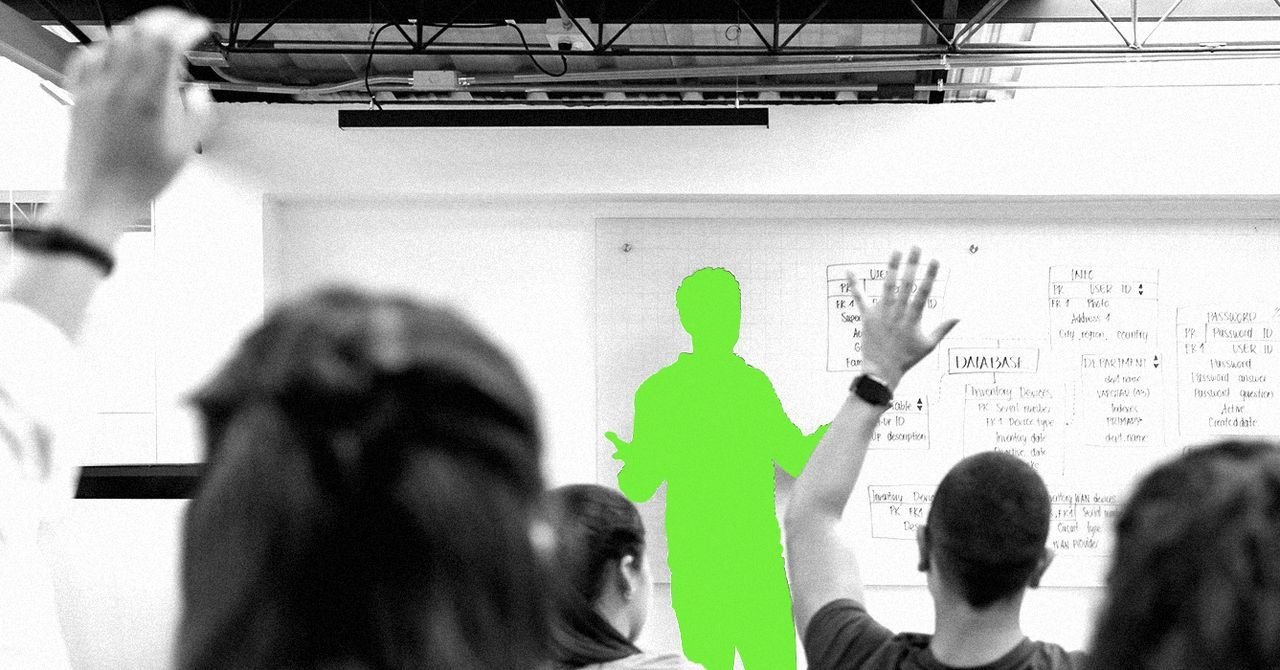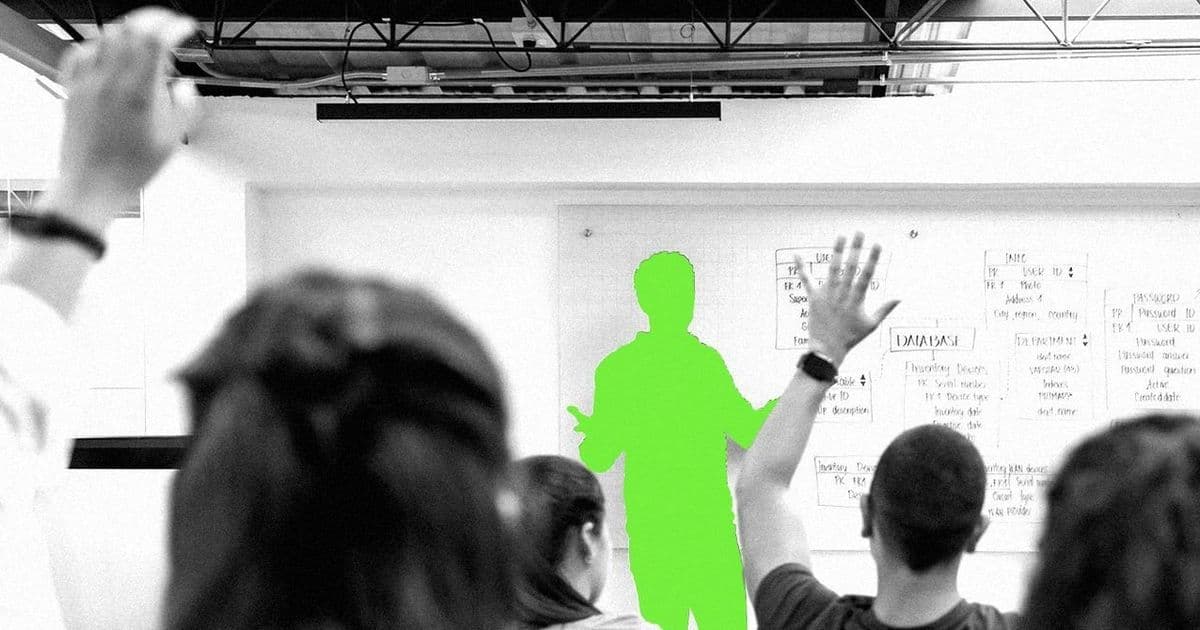OpenAI launches a 'study mode' for ChatGPT that uses the Socratic method to guide students rather than provide direct answers. While pitched as an educational enhancement, critics question whether students will resist the temptation to toggle back to answer-generating mode.
As students gear up for the new school year, OpenAI is rolling out a significant behavioral shift for ChatGPT: a "study mode" designed to prevent academic shortcuts. This feature, now available to most logged-in users (including free tier subscribers), fundamentally alters how the AI interacts with learning-related queries. Instead of delivering solutions, it employs the Socratic method—responding to requests for answers with probing, open-ended questions aimed at guiding users toward understanding.

"When ChatGPT is prompted to teach or tutor, it can significantly improve academic performance, but when it's just used as an answer machine, it can hinder learning," states Leah Belsky, VP of Education at OpenAI.
The move responds to widespread educator concerns about students using AI to bypass critical thinking. Apps like ByteDance's Gauth, which solve homework problems via photo snapshots, surge in popularity during school terms. OpenAI CEO Sam Altman, however, dismisses parallels to past tech panics: "I remember when I was in school... Google first came out and all the teachers freaked out," he remarked recently, positioning AI as another tool to "think better."
How Study Mode Works & Its Intent
- Guided Inquiry: When activated, ChatGPT rejects direct answer requests. It asks clarifying questions like "What are you trying to optimize for?" or "What's your current level?" before offering tailored guidance.
- University Focus (For Now): Initial testing prioritized college students, but OpenAI is collaborating with Stanford researchers to study impacts on K-12 education.
- Policy Alignment: The feature aligns with recent U.S. executive orders pushing AI integration into classrooms.
The Core Dilemma: Will Students Resist Temptation? Despite its pedagogical intent, study mode exists just one toggle away from ChatGPT's standard answer-generating functionality. Critics argue this proximity creates an unprecedented temptation:
- Immediacy vs. Engagement: Unlike static resources like CliffNotes, ChatGPT offers personalized, instantaneous solutions. The frictionless switch between modes may undermine self-discipline.
- Developmental Concerns: Younger users, whose executive function is still developing, may struggle to consistently choose guided learning over quick answers.
- Long-Term Reliance: Unclear whether habitual use of AI guidance fosters deeper understanding or creates dependency that erodes independent problem-solving skills.
While study mode represents a thoughtful attempt to steer generative AI toward constructive education, its success hinges on user behavior. As one observer notes, the ultimate test won't be the AI's design—but whether students can resist snapping a homework photo and demanding the answer they crave. In the age of AI, mastering self-regulation might be the hardest lesson of all.
Source: WIRED

Comments
Please log in or register to join the discussion